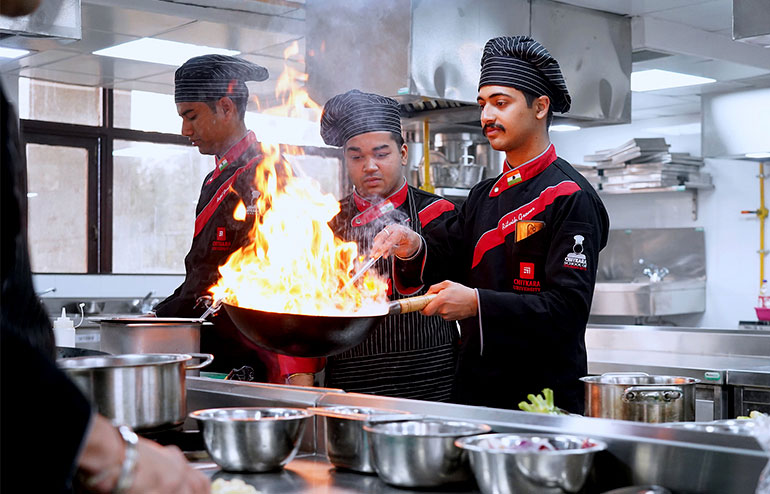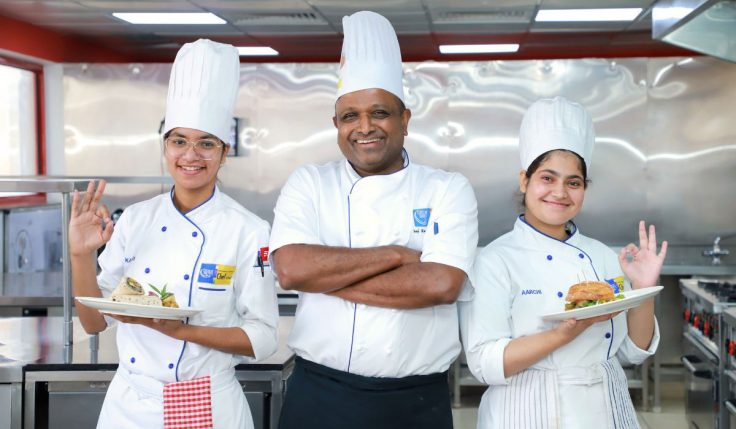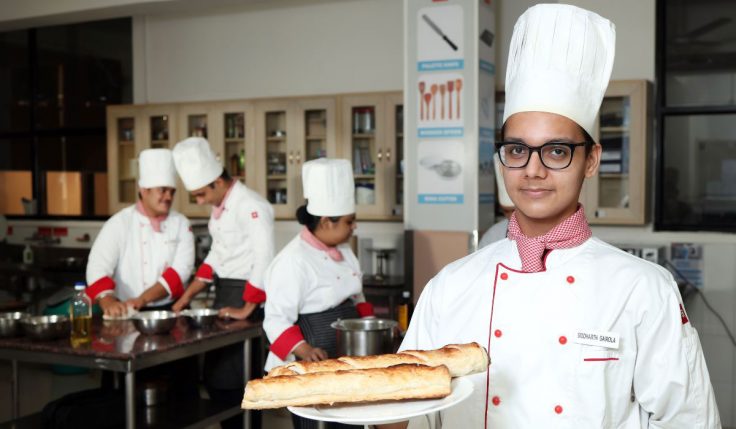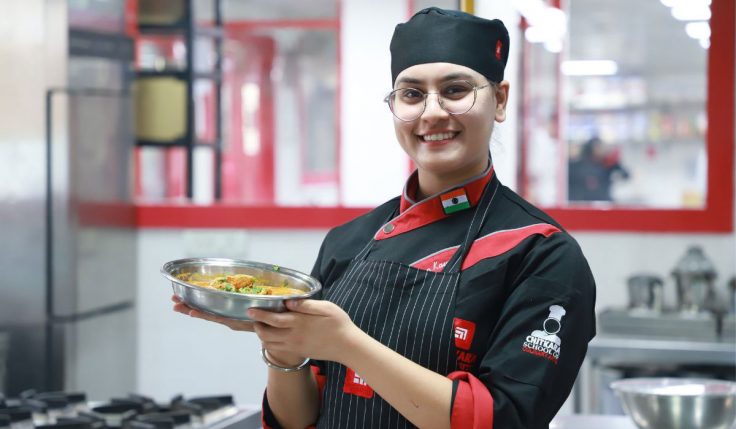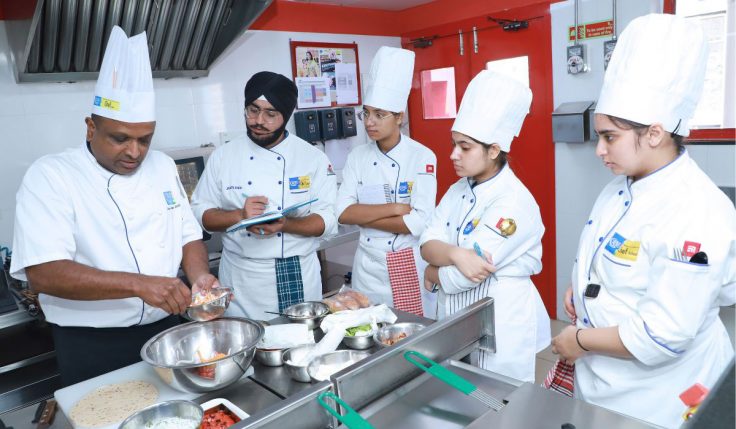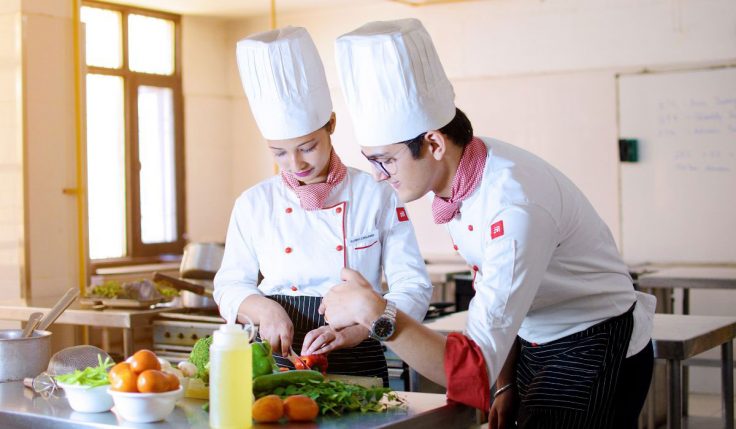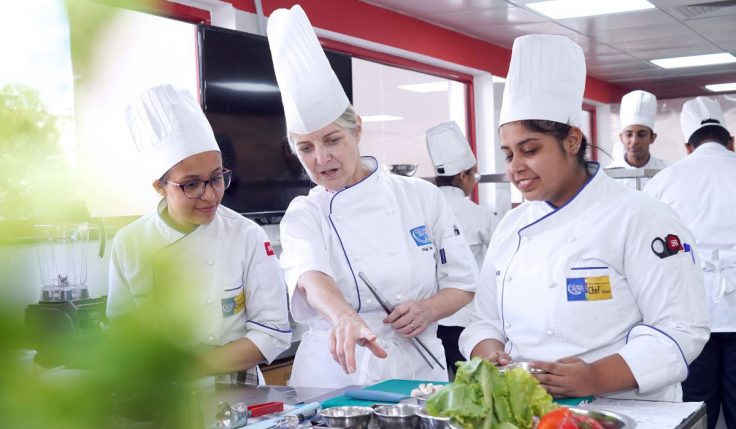Our lives have been deeply affected by the pandemic and technology has become the all-pervasive saviour in most professional arenas. While contact with clients or the public in general is being minimized across all areas and aspects of work by shifting interaction to phone or online mode.
The hospitality sector on the other hand has been witnessing changes that will define how business is run. Pandemic forced the industry to evolve and find agile solutions that can help optimize the customer’s experience as hospitality is a customer centric industry.
Today, top hospitality management programs in developed countries teach students a variety of soft, hard, and digital skills, such as analysis, robotics, technology, organization, management, and cross-cultural communication to prepare the future generation of successful leaders.
Also Read: Conflict Management In Culinary And Hospitality Operations
For instance, contactless technology for payment, check-in/check-out, crowd management, and access control will continue to play a larger role in the near future. With advances in artificial intelligence and predictive analytics, hospitality companies will be able to create unique offers and experiences in real-time (and at scale) that appeal to the needs and desires of each individual traveller. Excellent service remains the cornerstone of the industry, hyper-personalization is offered and has become extremely exciting.
This is the challenge that hospitality management students will have to live up to.
So, let’s take a look at how hospitality education is being redefined at the top institutes in India:
Programs in the current scenario need to provide students with opportunity to study digitalization, robotization, software and hardware technologies, disruption and innovation. These educational initiatives not only give students the necessary tools by teaching them how to strategize, analyse problems and find answers, but also helps them have a distinct advantage while making career choices and entering the workforce.
Tourism and hospitality educators have been virtualising all aspects of their work. They have also been using virtual platforms to offer courses through open online universities like Khan Academy, Coursera, Udacity, edX etc. and setting up academic journals. The pandemic-accelerated technology adoption has enabled every educator to get first-hand experience of the benefits, but also the limits and constraints, of virtualising the educator’s work/life (online teaching, conferences, meetings, student supervision, and internships).
Also Read: Entrepreneurship In The Hospitality Sector
The relevance of digital skills and advancement is greater than ever. Before the pandemic, hospitality instructors frequently used terms like digital awareness, digital expertise, and digital marketing. Consequently, educators have concentrated their efforts on improving the inventive and creative components of hospitality education.
Students will now be able to learn more online, from the comfort of their own homes, which will lead to the actual implementation of hospitality theory in a realistic setting. Virtual projects and virtual internships have also been implemented in several institutions, making this a reality and may outlive the pandemic.
While some institutes have introduced several electives and specialisations in their post-graduate programs, others have introduced certificate courses for students to take up jobs as tour guides, wildlife guides, heritage guides etc. While there will be a drop in applications, reflecting the general negative trend in the tourism and hospitality industry for now. But The situation is projected to improve progressively as the sector embraces technology.
Though hotels, tours and travel, cruises and airline companies have been the traditional recruiters for hospitality students, other options are opening up in the FMCG sector etc., hiring hospitality management students.
Also Read: Which Hotel Management College Has The Best Placement?
Recruiters are now focused on nutrition and immunity-building cooking. Diet and nutrition companies are approaching hospitality institutes to hire chefs who can prepare immunity-boosting recipes. A menu that can incorporate organic, fresh and local ingredients cooked using traditional Indian techniques is in demand. Health food is a big segment. How to maintain a healthy lifestyle and prevent disorders has become the mantra to live a good life, the demand for people specialising in this field will grow further resulting in generating more jobs in this segment.
Last but not the least, the addition of courses in sustainable living and environmentally friendly tourism would better prepare graduates to deal with global market trends. Improved understanding of environmentally friendly travel and lodging, organic cuisine, Ayurveda and Yoga and close-to-nature tourism would be the next leap that the industry and institutes will help the students take to become future ready.
Keeping in mind that international travellers are attentive to these features as a lifestyle choice, the upgradation of Indian hospitality spaces as well as the development of the knowledge of their future employees is another avenue that is opening up in hospitality education both here and overseas.
